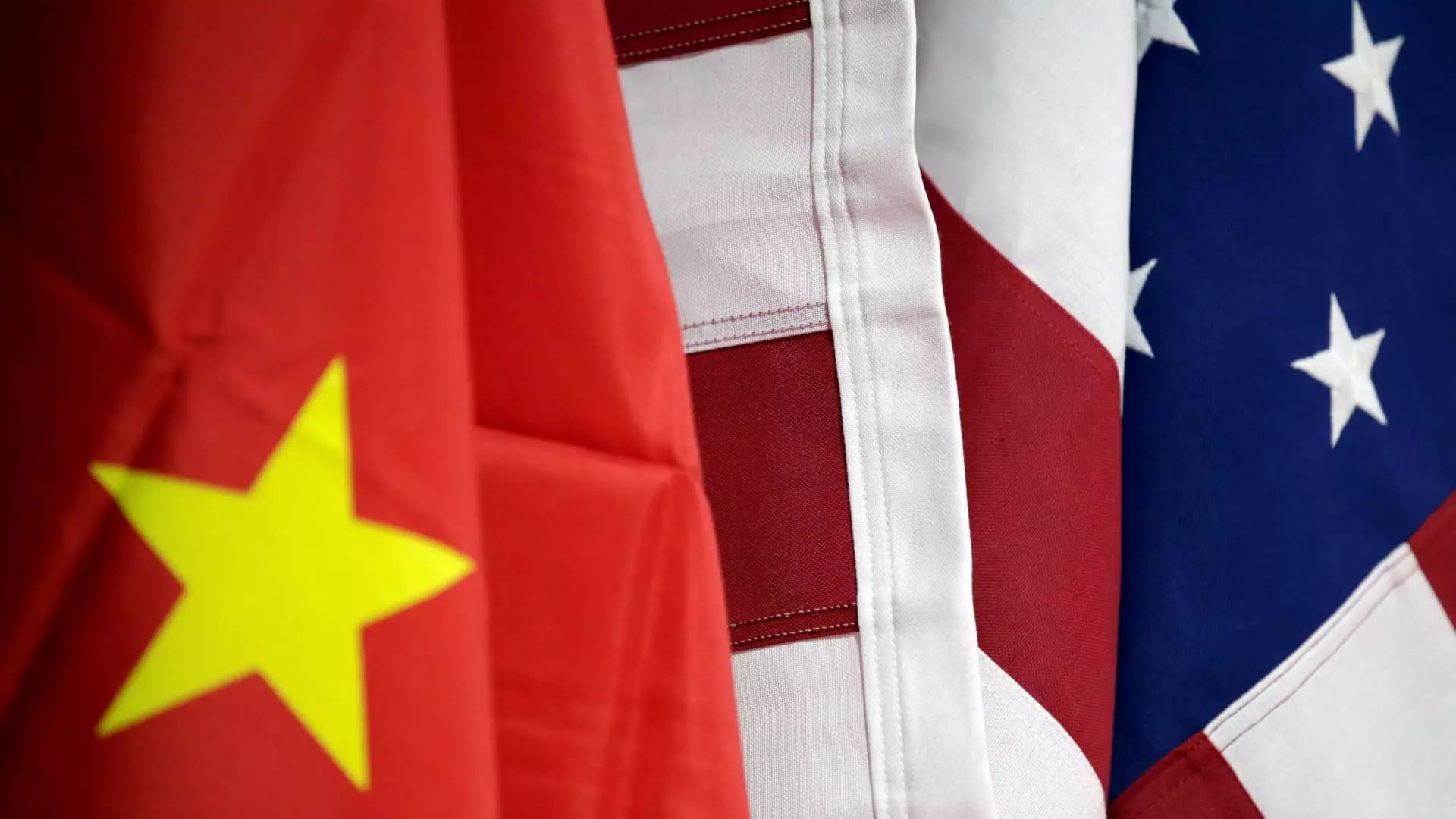In his recent speech at the Republican National Convention, JD Vance, the new running mate of U.S. presidential candidate Donald Trump, emphasized the importance of protecting the wages of American workers. He took a hard line on China, stating that the Chinese Communist Party should not be allowed to build their middle class at the expense of American citizens. This stance reflects Vance’s commitment to prioritizing the interests of American workers above all else, particularly in the context of global trade relations.
Vance also called for an increase in the number of factories within the U.S. and advocated for restrictions on foreign workers. By championing the growth of the manufacturing sector in the country, Vance seeks to address the economic challenges brought about by the outsourcing of production to other countries, including China. His focus on promoting domestic manufacturing aligns with his efforts to safeguard American jobs and industries from being displaced by foreign competition.
Despite China’s rapid economic growth and expansion of its middle-income group, the country remains significantly poorer than the United States on a per capita basis. While China has a much larger population than the U.S., its per capita disposable income is substantially lower. This economic contrast underscores the disparities in wealth and quality of life between the two nations, further highlighting the challenges and complexities of global economic relations.
Vance’s criticism of Wall Street and the influx of “cheap foreign goods” from China reflects broader concerns about the effects of globalization on the U.S. economy. The shift of manufacturing jobs overseas, particularly to lower-cost hubs like China, has had far-reaching consequences for American workers and industries. By addressing these issues head-on, Vance aims to confront the negative impacts of globalization and promote policies that prioritize the interests of American workers and businesses.
Trump’s proposed plan to raise tariffs on Chinese goods, as well as his past actions to increase duties on Chinese products, reflects a broader strategy of using trade policy as a tool for achieving national security and economic goals. By leveraging tariffs and trade restrictions, the U.S. aims to protect domestic industries, reduce trade imbalances, and address perceived threats to American interests. Vance’s stance on China underscores the importance of a strong and assertive approach to international trade relations.
JD Vance’s position on China reflects a strong commitment to protecting American workers, promoting domestic manufacturing, and addressing the economic challenges posed by globalization. By emphasizing the need to safeguard the interests of American workers and industries, Vance seeks to advocate for policies that prioritize the economic well-being of the U.S. and its citizens. As the U.S. continues to navigate complex trade relations with China and other global partners, Vance’s stance on these issues will likely play a significant role in shaping the country’s economic policies and priorities in the years to come.

